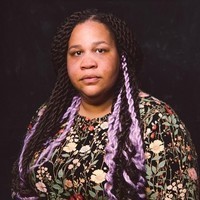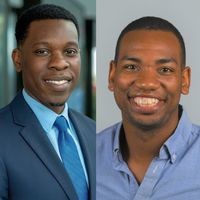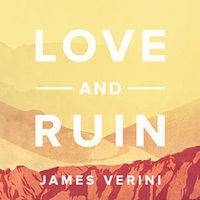Rukmini Callimachi covers ISIS for The New York Times and is the host of Caliphate.
“My major takeaway that I have come away with in this work is go to the enemy. Talk to the enemy. I think that the way that Al Qaeda and ISIS is typically covered is by reporters who just speak to officials in Washington. ... That’s only one side of the story. And I have learned so much by seeking out their documents, reading their propaganda ... speaking to them themselves.”
Thanks to MailChimp, Read This Summer, Google Play, and Stitcher Premium for sponsoring this week's episode.



















